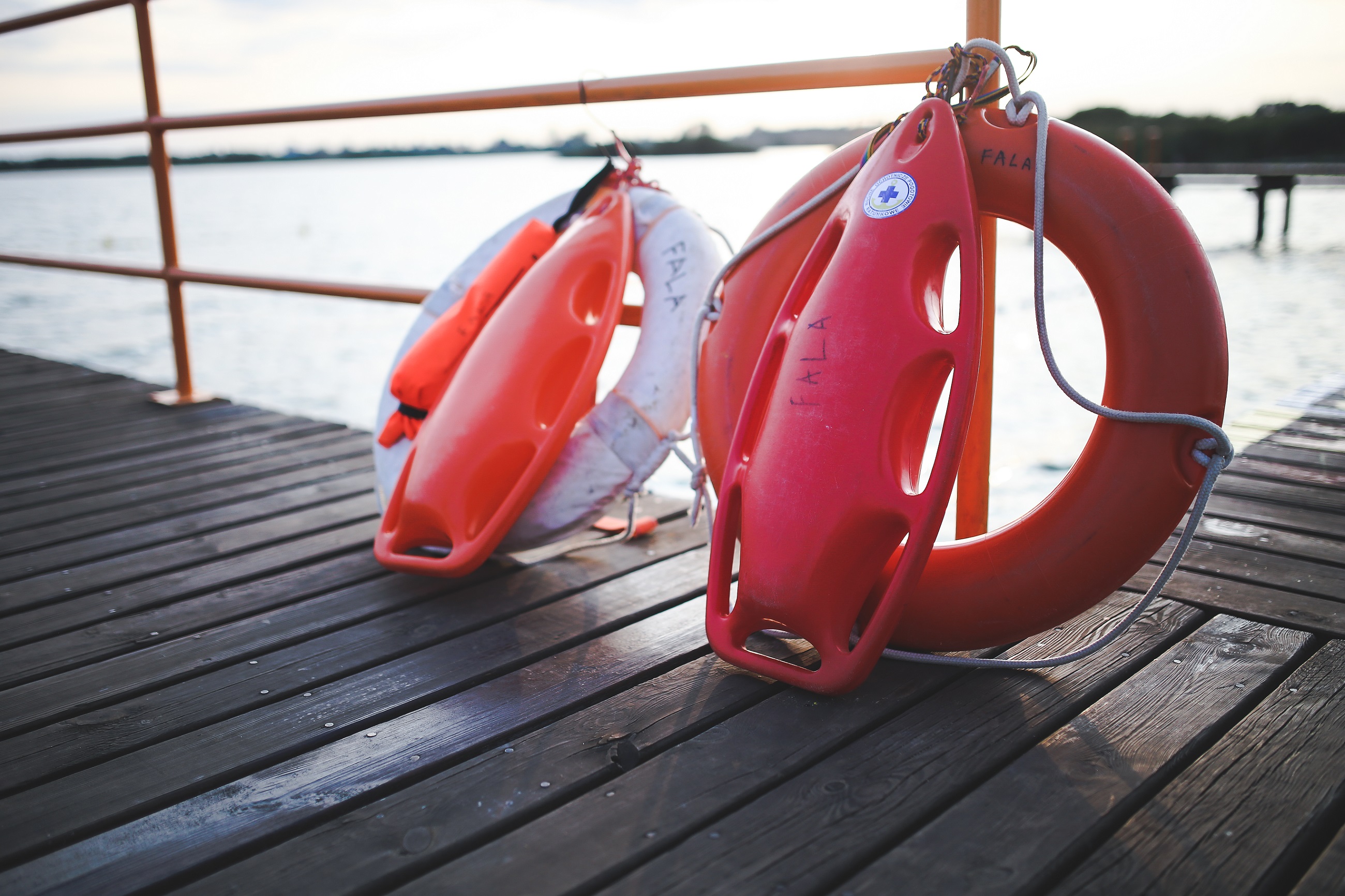If you are interested in becoming an emergency professional in the future, lifeguarding is a great gateway experience and training. A lifeguard’s duty is to surveil a business or community facility for potential danger, prevent injuries and apply necessary rescue skills when one occurs. This includes assessing a victim’s condition and applying First Aid knowledge, performing CPR or using an AED.
In the state of California, requirements for becoming a lifeguard may vary based on the facility you are trying to get hired by. California State Parks & Recreation’s requirements are of the most strict in the state, including having to be 18 years of age with 2 years of college, zero felonies, a driver’s license, specific sight requirements for those who do and don’t wear glasses, and 6 months lifeguard experience not acquired at pools. You can work your way up to this level of professional lifeguarding by getting your basic requirements fulfilled and finding yourself a position that allows new-coming lifeguards to gain experience. You can refer to this helpful list to accomplish your lifeguard certification.
Red Cross CPR and AED Training and Certification
Red Cross is the over-all standard for certification when it comes to CPR and AED training in the US. CPR Plus in Bakersfield, CA and its other locations are Red Cross approved training facilities for this certification. A good course will integrate reading material, overhead presentations, and plenty of hands-on experience using real equipment and “dummies”. When through with the course, you’ll be presented a certification usually in the form of a card that is good for 2 years until you need to re-certify.
First Aid Basics Training and Certification
The first aid course will likely be lengthier than the CPR and AED training because of the extent of emergency situation possibilities. There is also some psychological components to consider that a victim might experience shock or grief following an accident. The course is like the first training in the way that handouts, presentations, hands-on exercises and maybe even mock experiences will bring the abundant training to life and stick in your memory. This training is also concluded with a certification that will expire after 2 years.
Lifeguard Training and Certification
Quality lifeguard training can be endorsed by The Red Cross as well and can be found in numerous approved facilities, including the popular YMCA. Like First Aid Basics, you’ll learn all the water specific emergency procedures. Most of your training will be in an actual pool and simulate the real physical demands that lifeguarding can require in a time of emergency. To qualify for certification at the end of the course, you’ll be physically tested in and out of the water. Testing facilities may employ different requirements, but for example, you may be asked to perform a 1,000 yard open water swim, a 200 yard run and a 400 yard swim all with different time restraints.



